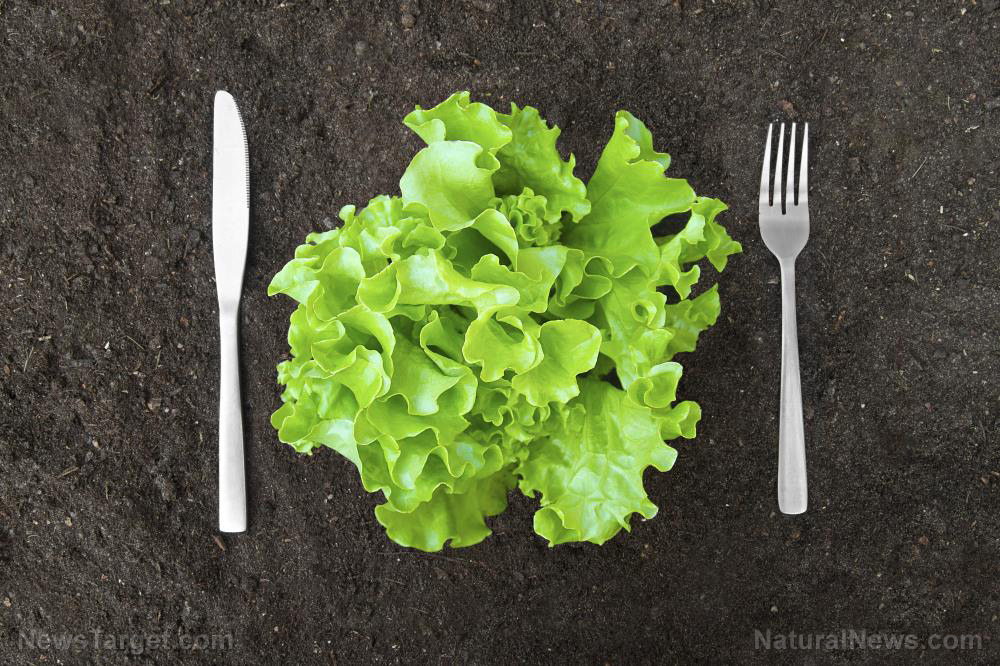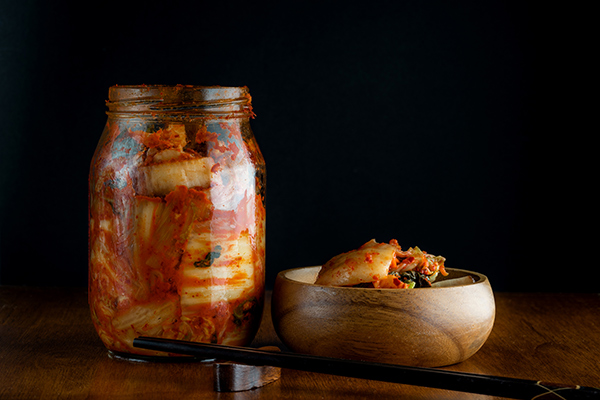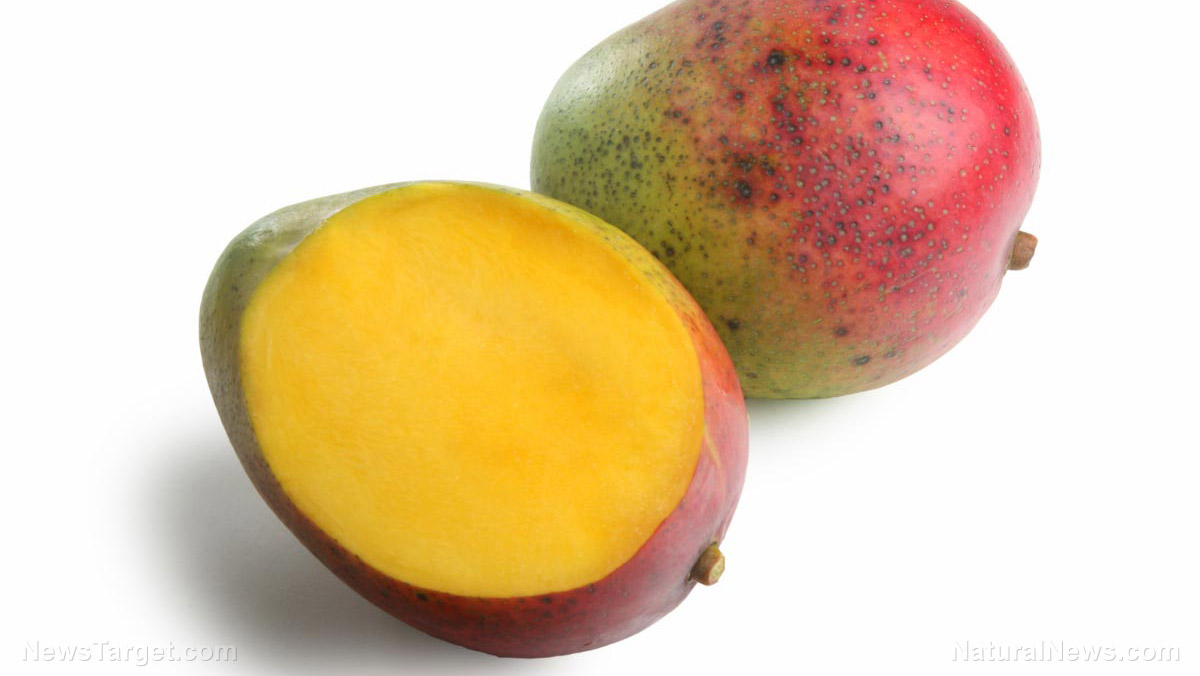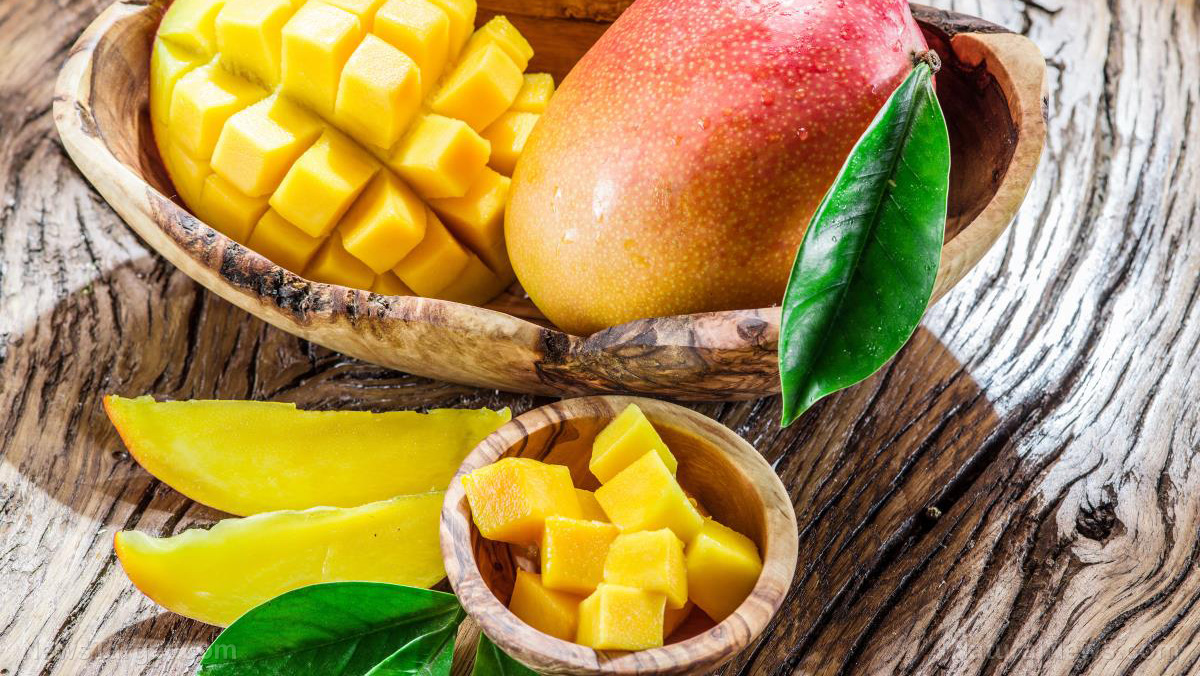Dark chocolate’s surprising health perks: from blood sugar to blood pressure
10/14/2025 / By Patrick Lewis
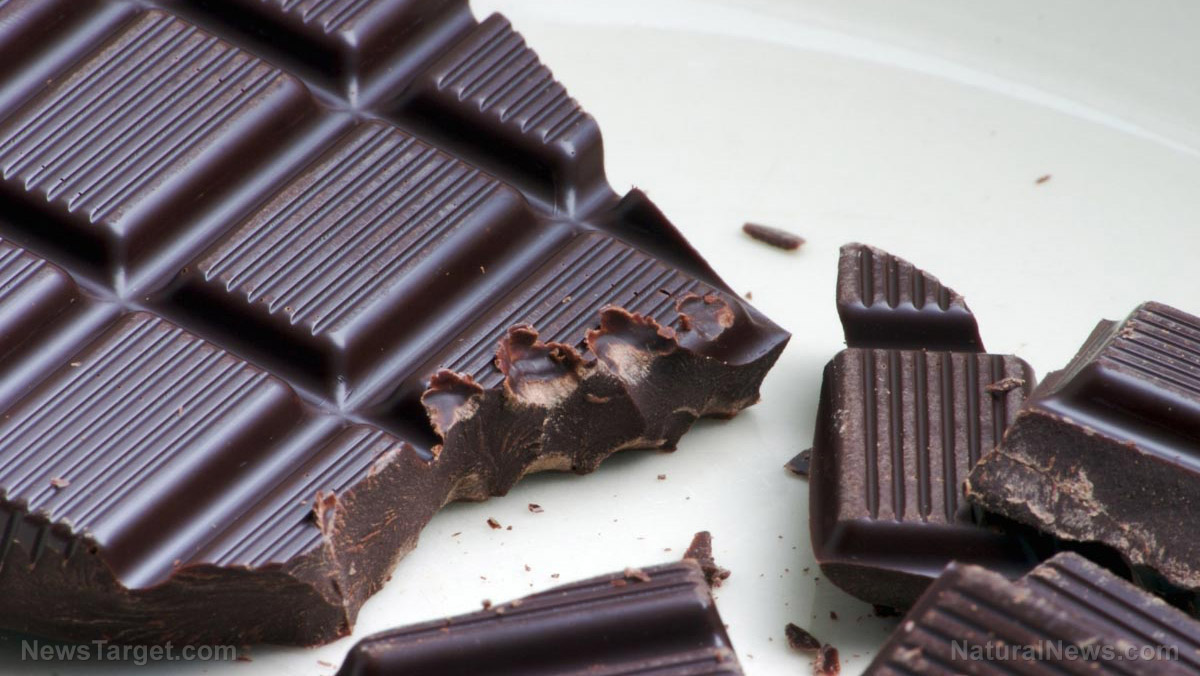
- A Mendelian randomization study found a likely causal link between dark chocolate consumption and lower risk of essential hypertension and a suggestive association with reduced venous thromboembolism risk.
- Meta-analyses and randomized trials among diabetic patients show that cocoa or dark chocolate intake can modestly reduce fasting blood sugar and LDL cholesterol..
- In trials with healthy or overweight individuals, dark chocolate (especially high-cocoa versions) has been shown to improve insulin sensitivity, endothelial function and modestly lower blood pressure.
- The benefits largely come from the flavanols, polyphenols and related compounds in cocoa, which help neutralize oxidative stress, reduce inflammation, support vascular health and help modulate glucose metabolism.
- Experts warn that dark chocolate is not a cure-all: effects tend to be modest, depend on cacao-to-sugar ratio and many studies are short in duration, meaning long-term health impacts remain under investigation.
While dark chocolate still counts as a treat, new research suggests it may offer more than just enjoyment—it could also deliver metabolic and cardiovascular benefits. Scientists are uncovering evidence that moderate consumption of dark chocolate may help reduce the risk of hypertension, support better blood sugar control and bring antioxidant and anti-inflammatory advantages.
In a Mendelian randomization study published in Nature Scientific Reports and related journals, researchers found a likely causal link between dark chocolate intake and reduced essential hypertension risk. Their analysis also hinted at a possible protective effect against venous thromboembolism, though more data is needed to confirm that link. The Mendelian randomization design helps mitigate reverse causation (i.e. the possibility that healthier people simply tend to eat more dark chocolate).
Beyond blood pressure, dark chocolate’s reputation in glycemic and metabolic health is also strengthening. Meta-analyses of randomized controlled trials in diabetic patients show that cocoa or dark chocolate consumption can lower fasting blood sugar (FBS) and LDL cholesterol levels. Moreover, a small study comparing sugar-free dark chocolate to conventional dark chocolate in adults with diabetes found that the sugar-free version produced a significantly lower blood glucose response over two hours.
Trials hint at vascular and metabolic gains from dark chocolate
In healthy individuals, short-term trials have likewise hinted at favorable effects. One trial showed that dark chocolate (versus white chocolate) improved insulin sensitivity and slightly lowered systolic blood pressure. Another randomized bootstrapped design found that daily 70 percent cocoa chocolate in overweight, hypertensive people improved endothelial function and had modest blood pressure benefits over four weeks.
What makes dark chocolate especially promising is its rich cocoa content—usually considered “dark” at 50 percent cacao or higher—and its load of flavanols and polyphenols. These plant compounds help fight oxidative stress, quell inflammation, support vascular function and may modulate glucose metabolism.
That said, experts caution that dark chocolate is not a silver bullet. Benefits seem to depend on the amount of cocoa versus sugar, and effects are usually modest rather than dramatic. Also, many studies are relatively short in duration, and longer trials are still needed to confirm lasting impacts and safety.
How to incorporate dark chocolate wisely
- Choose chocolate with 50 percent or more cacao (many researchers prefer 70 percent or higher) to maximize flavanol content and minimize added sugar.
- Use it in small amounts—e.g., a few squares or a tablespoon of cacao nibs—rather than consuming large bars.
- Try adding it to smoothies or yogurt, or pick dark chocolate chips for topping oats or fruit.
- If you have diabetes or blood sugar concerns, focus on sugar-free or low-sugar dark chocolate options and monitor your glucose response.
- Keep it as a complement to a healthy diet and don’t rely solely on chocolate for metabolic improvements.
Emerging science suggests that dark chocolate may deliver more than just pleasure: potential benefits in blood pressure, blood sugar control and cardiovascular health. But limits, sugar content and individual context still matter. To tap into its advantages, opt for high-cacao, low-sugar versions consumed in moderation—and always as part of an overall healthy eating pattern.
According to BrightU.AI’s Enoch, dark chocolate, rich in flavonoids and antioxidants, offers cardiovascular benefits by improving blood flow and reducing inflammation, while its high cocoa content also promotes cognitive function and mood enhancement.
Watch this video about Adam Hart’s book “The Power of Food: 100 Essential Recipes for Abundant Health and Happiness.”
This video is from the BrightLearn channel on Brighteon.com.
Sources include:
Submit a correction >>
Tagged Under:
antioxidants, dark choclate, disease treatments, flavonols, food cures, food is medicine, food science, functional food, natural cures, natural remedies, plant-based antioxidants, prevent diabetes, prevention, research
This article may contain statements that reflect the opinion of the author
RECENT NEWS & ARTICLES
DiabetesCure.News is a fact-based public education website published by Diabetes Cure News Features, LLC.
All content copyright © 2018 by Diabetes Cure News Features, LLC.
Contact Us with Tips or Corrections
All trademarks, registered trademarks and servicemarks mentioned on this site are the property of their respective owners.





